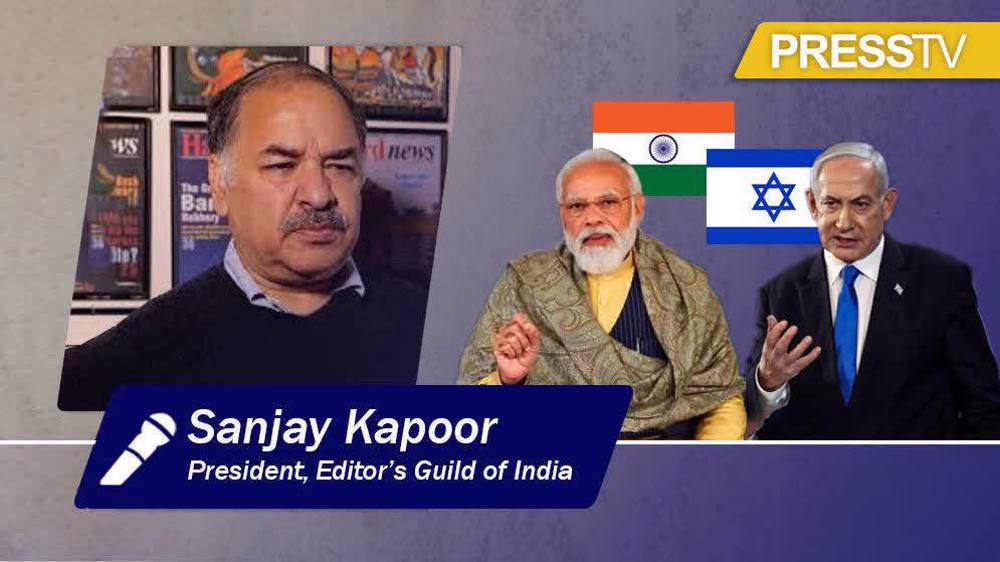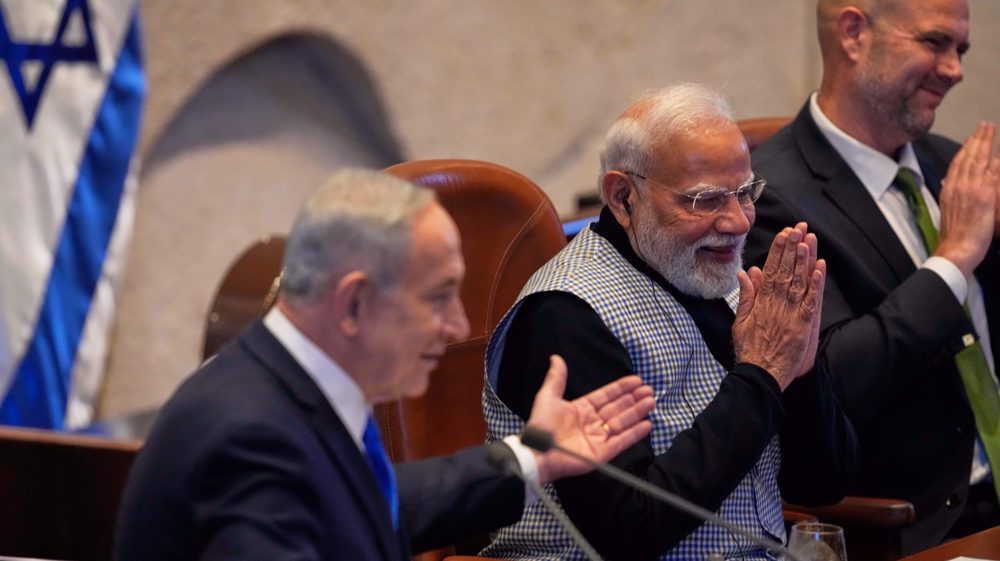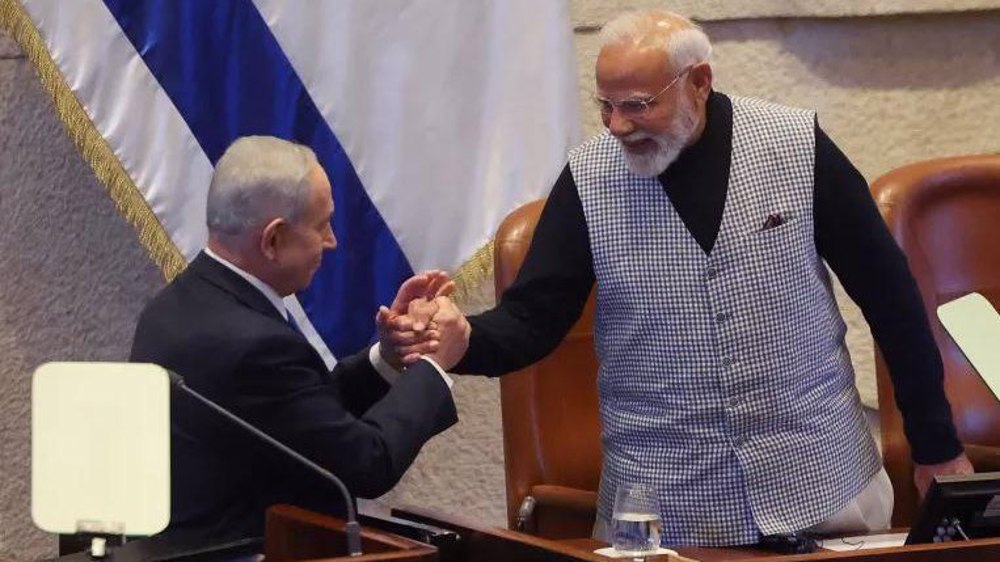Indian forces kill 34 Maoist militants
Police in central India have killed at least 34 Maoist militants, with more bodies pulled out of a river on Tuesday, two days after security forces ambushed a band of fighters in a forest deep in the interior of Maharashtra State, authorities said.
On Monday evening, a day after police commandos launched that attack, police in Gadchiroli district killed six more Naxalite guerrillas, including four women, in a firefight.
Sunday's operation took place in the same district, on the border between Maharashtra and Chhattisgarh states, around 1,000 km east of Mumbai.
After a four-hour gun battle, some 16 militants, including men and women, were found dead, but police said an unknown number had been shot as they tried to escape into the Indravati River.
The bloated bodies began to surface a day later, and police were still pulling dead militants out of the river on Tuesday.
Satish Mathur, the director general of Maharashtra police, told Reuters the body count had reached 34, but could rise.
"We are still recovering bodies from the river... The count could go up as the search operation is still going on," said Prashant Diwate, a police spokesman in Gadchiroli.
Last month, a roadside bomb killed nine police in Sukma district of Chattisgarh State.
Landless peasants and tribals form the rank and file of the Naxalalites, a movement whose origins go back to the late 1960s.
The name is derived from a village in West Bengal State where the group was founded. At that time they used bow and arrows, but these days, they are armed with Kalashnikov automatic rifles and weapons captured from raids on police posts.

Engaged in a grinding insurgency across India's interior for the past few decades, the Naxalites have reportedly counted on funding from communist groups at home and abroad, and their strength runs into tens of thousands, with factions operating in most of India's states.
According to the Interior Ministry, more than 5,500 people have been killed since 2009 until the end of March in insurgencies stoked by what it calls leftwing extremism.
(Source: Reuters)
Iran’s security chief: Does America come first or Israel with 500 US soldiers killed?
Iran warns all Israeli embassies ‘legitimate targets’ if Lebanon embassy attacked
IRGC pounds bases of anti-Iran terrorist groups in Iraqi Kurdistan
Iran’s Fattah 2 hypersonic missile nearly impossible to intercept: Report
Another girls’ school targeted in US-Israeli attacks on Iran
IRGC says dismantled US radar in Qatar, attacked destroyer in Indian Ocean
Modi's Israel visit shows morality no longer guides India's foreign policy: Journalist
Iran to hold massive public funeral for 'Martyr Leader' Imam Khamenei














 This makes it easy to access the Press TV website
This makes it easy to access the Press TV website